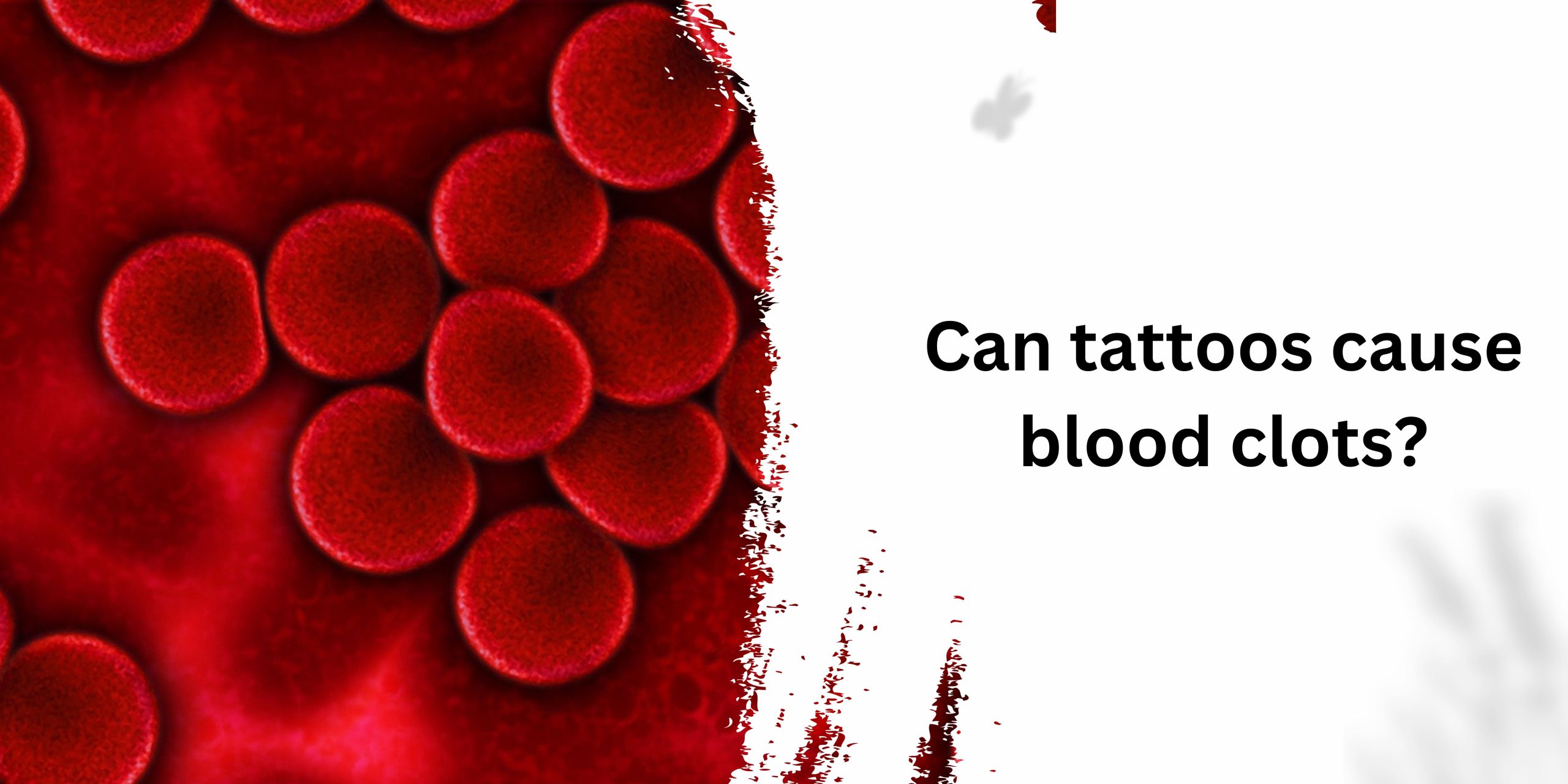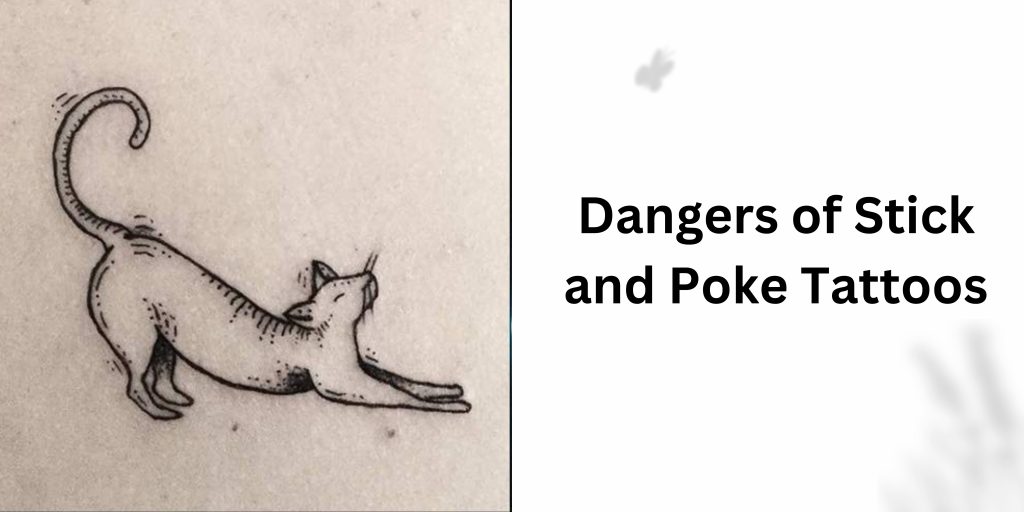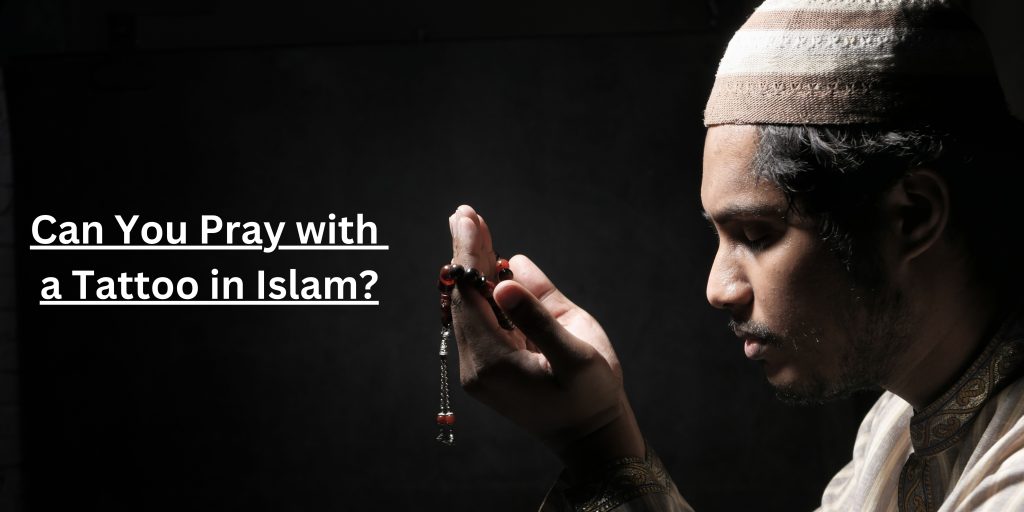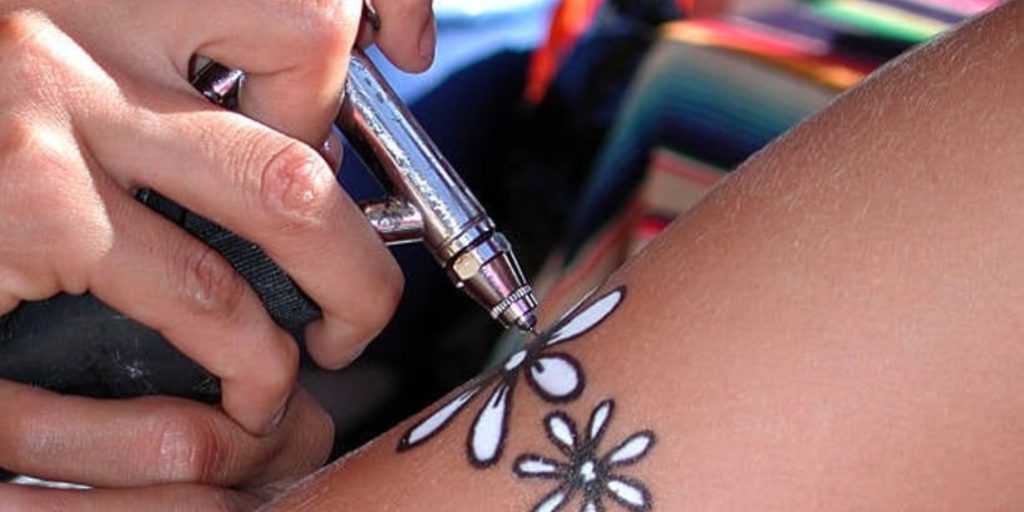Tattoos have evolved from being a symbol of rebellion to a form of personal expression, with individuals using them to commemorate meaningful events, honour loved ones, or simply showcase their artistic inclinations. As the popularity of body art continues to soar, concerns about potential health risks, including the possibility of blood clots, have emerged. To decipher the truth behind the relationship between tattoos and blood clotting, let’s delve into the intricacies of the human circulatory system and the impact of tattooing on it and can tattoos cause blood clots?
Understanding Blood Clots and Their Implications
What Are Blood Clots?
Blood clots, medically known as thrombosis, are gel-like masses that form within blood vessels, obstructing the normal flow of blood. While blood clots play a crucial role in preventing excessive bleeding after an injury, their spontaneous formation or inappropriate location can lead to severe health complications.

Risk Factors for Blood Clots
Several factors contribute to the formation of blood clots, including genetics, prolonged immobility, certain medications, and specific medical conditions. Additionally, lifestyle choices, such as smoking and a sedentary routine, can exacerbate the risk.
Read More: Can You Get a Tattoo if You Have Blood Cancer?
Process and Potential Concerns
Tattooing Process
Tattooing involves the injection of ink into the dermis layer of the skin using needles, creating a permanent design. While the process might seem straightforward, it involves piercing the skin multiple times, raising concerns about the potential impact on the body’s circulatory system.
Potential Concerns
Some individuals worry that the trauma caused by the tattooing process might trigger the body’s clotting mechanism, leading to the formation of blood clots. Additionally, the use of needles during the procedure could potentially damage blood vessels, prompting fears of subsequent clotting.
Read More: How to Fix Shaky Tattoo Lines
Myth: Can Tattoos Truly Cause Blood Clots?
Contrary to popular belief, the act of getting a tattoo doesn’t directly cause blood clots. Extensive research and medical consensus indicate that the risk of developing blood clots solely from receiving a tattoo is minimal.

Scientific Evidence
Studies exploring the relationship between tattoos and blood clots have failed to establish a direct correlation. The controlled trials and comprehensive analyses conducted by medical professionals emphasize that the risk associated with blood clots primarily stems from other underlying health factors rather than the tattooing process itself.
Precautions for Individuals at Risk
While getting a tattoo might not inherently cause blood clots, individuals with pre-existing clotting disorders or a history of cardiovascular complications should exercise caution. Consulting a healthcare provider before undergoing the tattooing process is advisable, ensuring that any potential risks are assessed and managed effectively.
Post-Tattoo Care and Precautions
Post-Tattoo Care
After getting a tattoo, it is crucial to follow the recommended aftercare guidelines provided by the tattoo artist. Proper wound care, including keeping the tattooed area clean and moisturized, can prevent infections and promote the healing process, thereby reducing any potential complications.
General Circulatory Health Tips
Maintaining a healthy lifestyle, incorporating regular physical activity, and staying hydrated can significantly reduce the risk of blood clots. Additionally, avoiding prolonged periods of immobility, especially during long-haul travel, can help mitigate the chances of developing deep vein thrombosis (DVT) and related complications.
Conclusion
while it is important to be aware of potential health risks, misconceptions surrounding tattoos and blood clots should not deter individuals from expressing themselves through body art. Prioritizing informed decision-making and adopting preventive measures can ensure a safe and enriching tattooing experience, devoid of unwarranted fears. Remember, being well-informed and maintaining a healthy lifestyle are crucial steps towards preserving both your artistic expression and your well-being.







